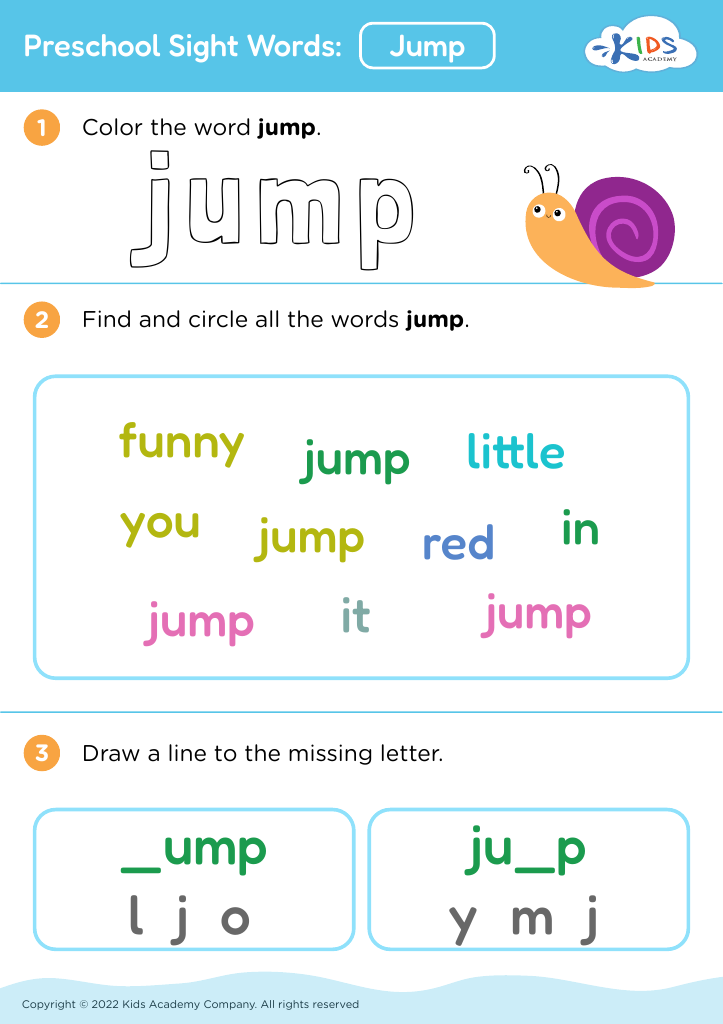Cognitive Development Building Vocabulary Worksheets for Ages 3-4
10 filtered results
-
From - To
Enhance your child's cognitive development with our engaging Building Vocabulary Worksheets designed for ages 3-4. These thoughtfully crafted resources promote early literacy skills by introducing young learners to new words and concepts in fun, interactive ways. Each worksheet offers colorful illustrations and engaging activities that captivate children's attention while encouraging them to connect words with their meanings. As they complete these exercises, kids not only expand their vocabulary but also improve their critical thinking and comprehension skills. Perfect for at-home learning or classroom settings, these worksheets lay a strong foundation for lifelong language skills. Start building your child's vocabulary today!
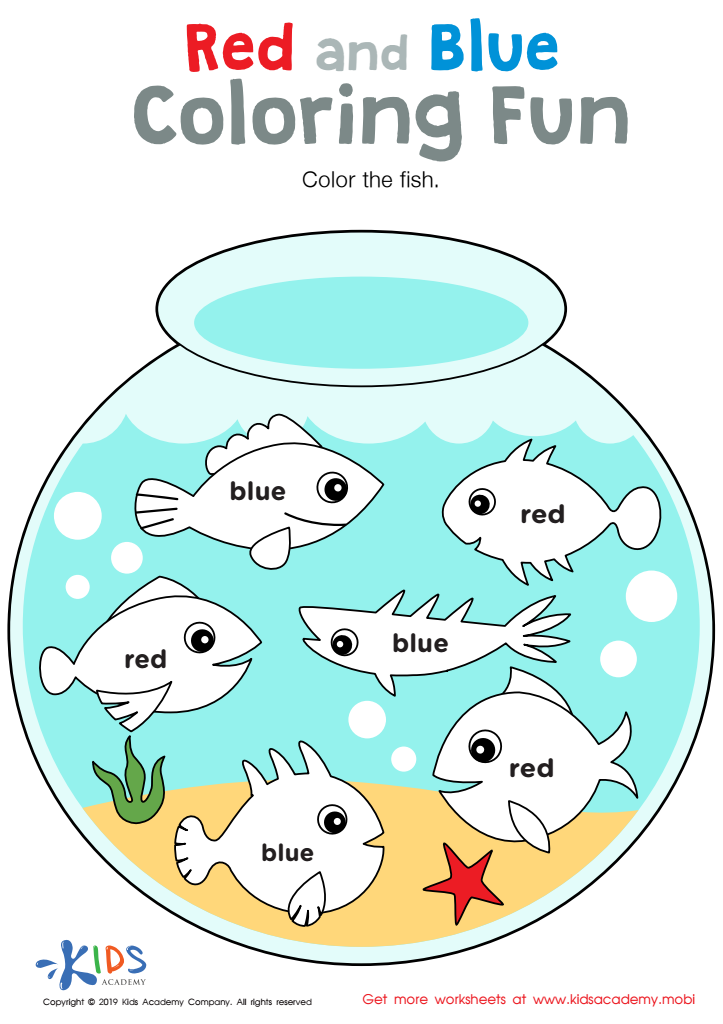

Red and Blue Coloring Fun Worksheet
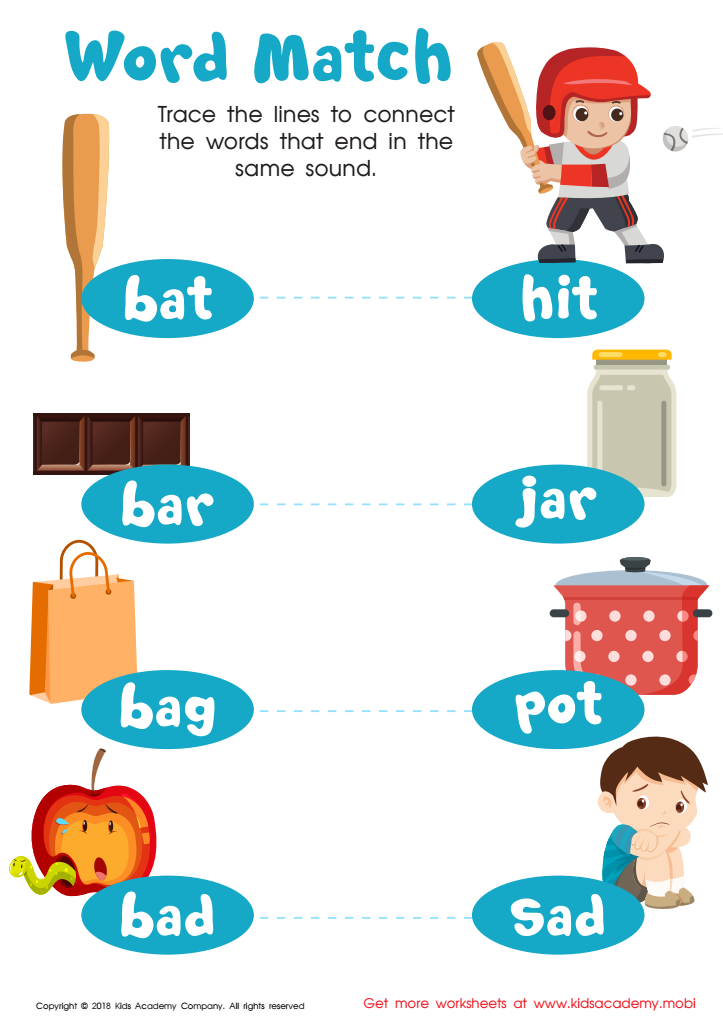

Word Match Reading Worksheet
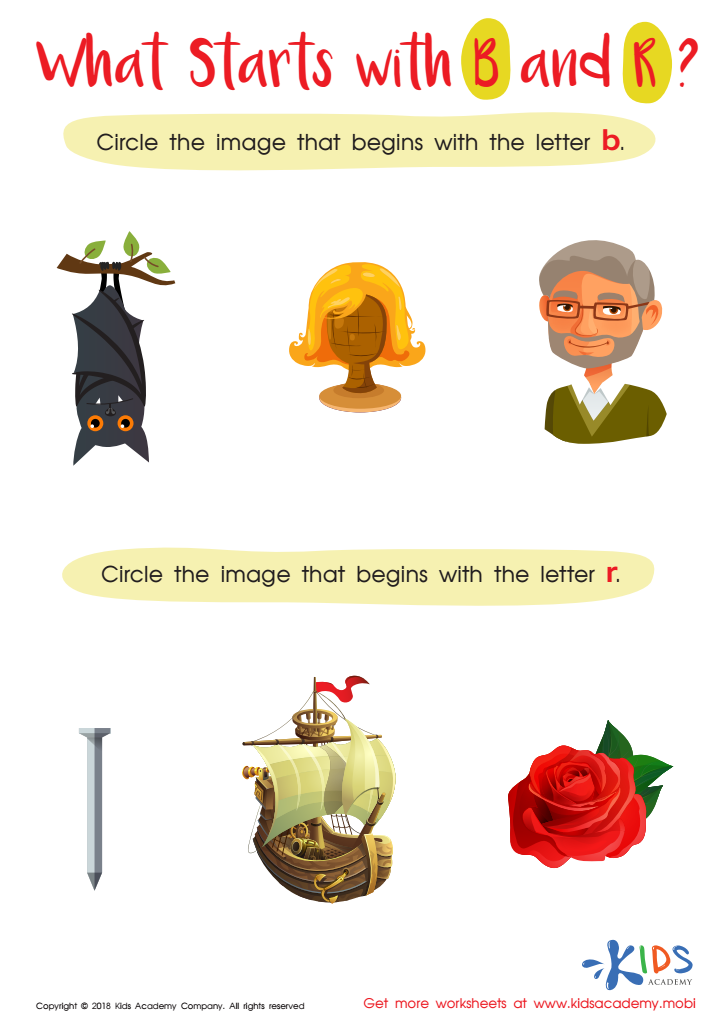

What Starts with B and R? Worksheet
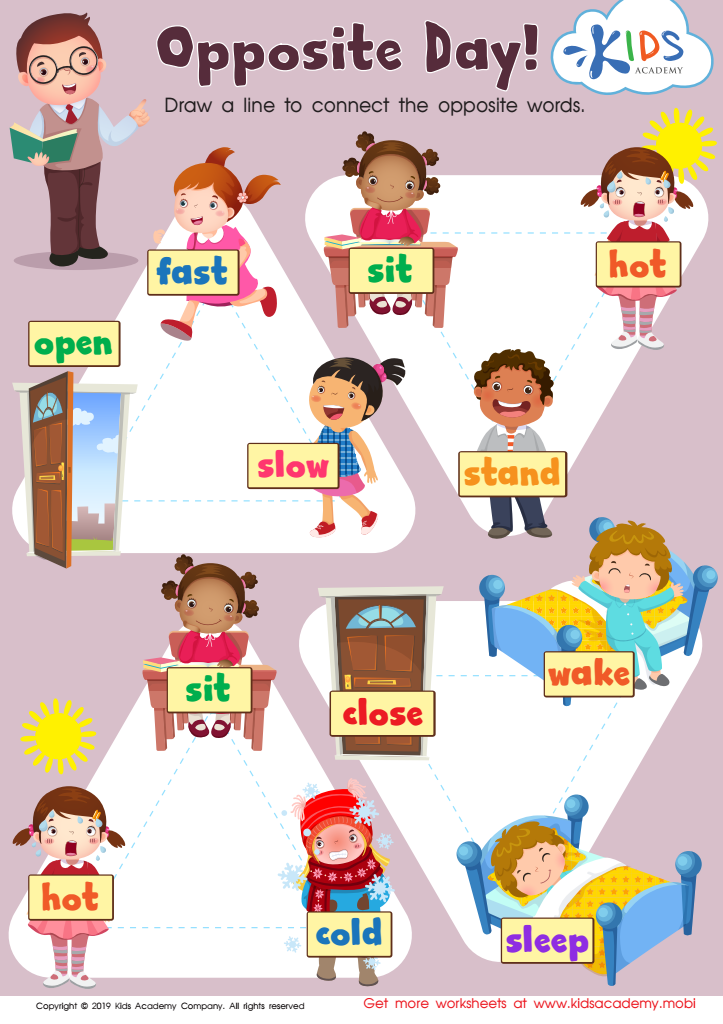

Opposite Day Worksheet
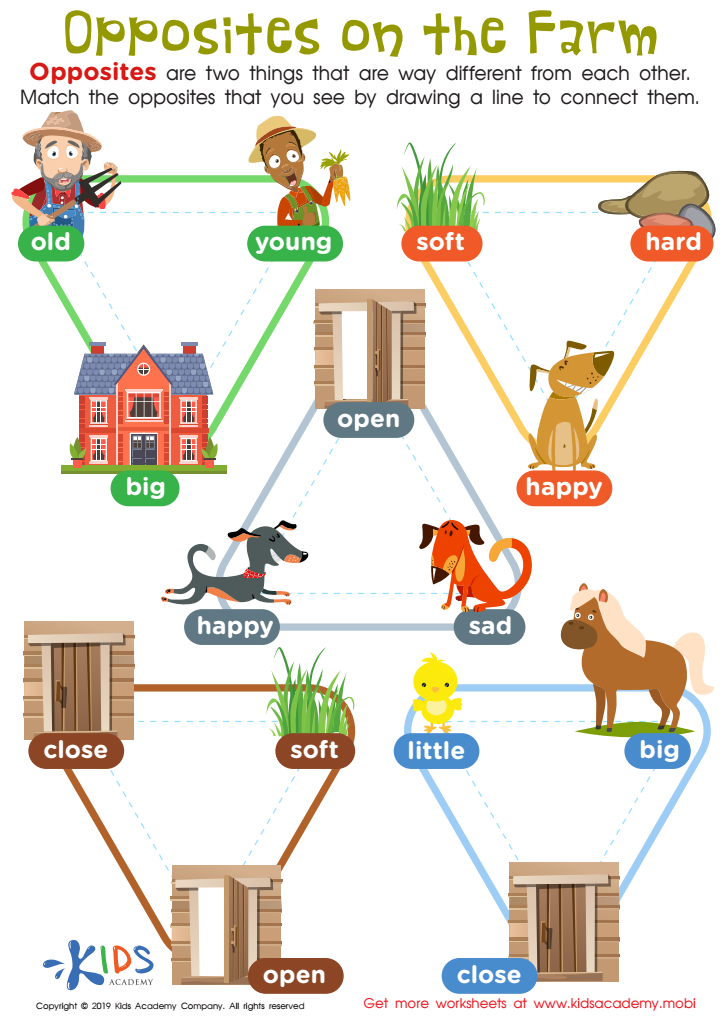

Opposites on the Farm Worksheet
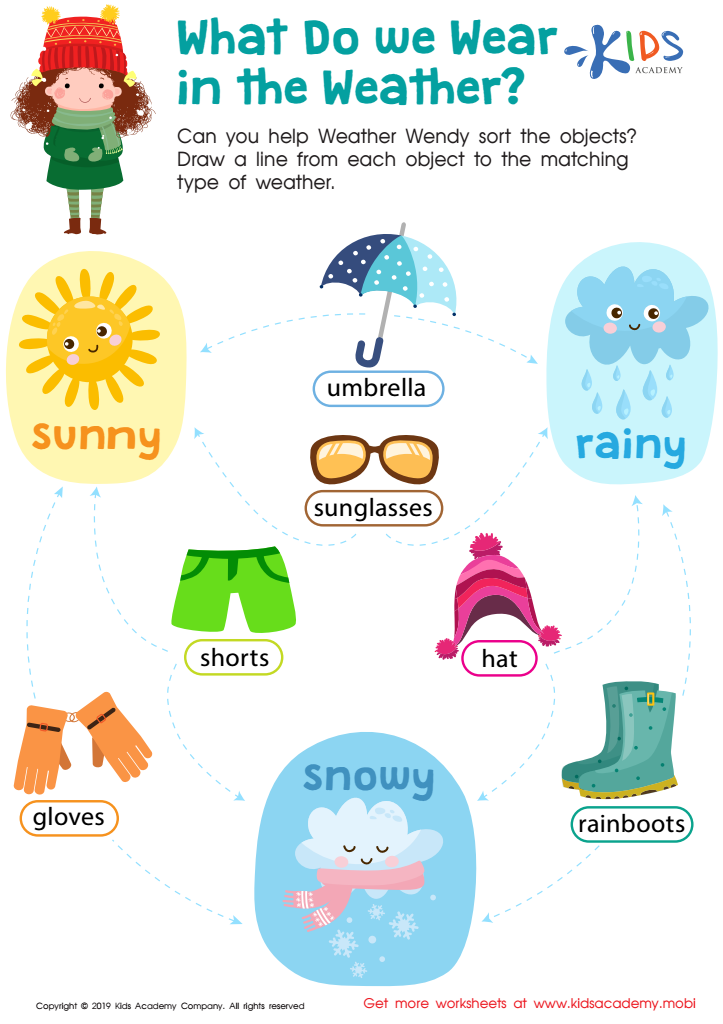

What Do We Wear in the Weather? Worksheet
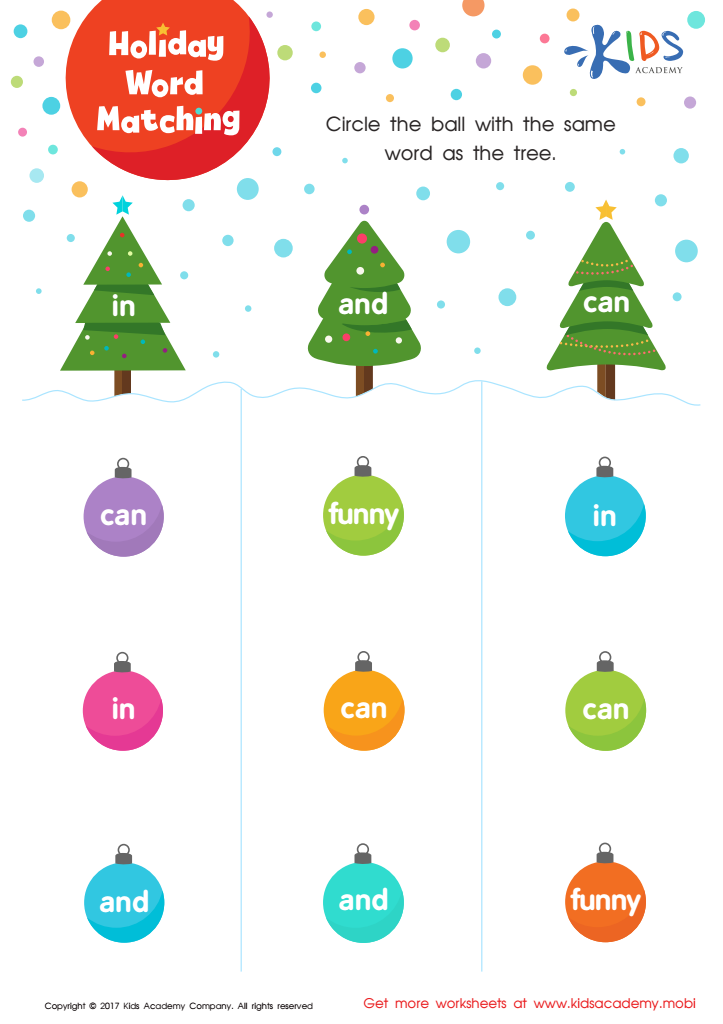

Holiday Word Matching Worksheet
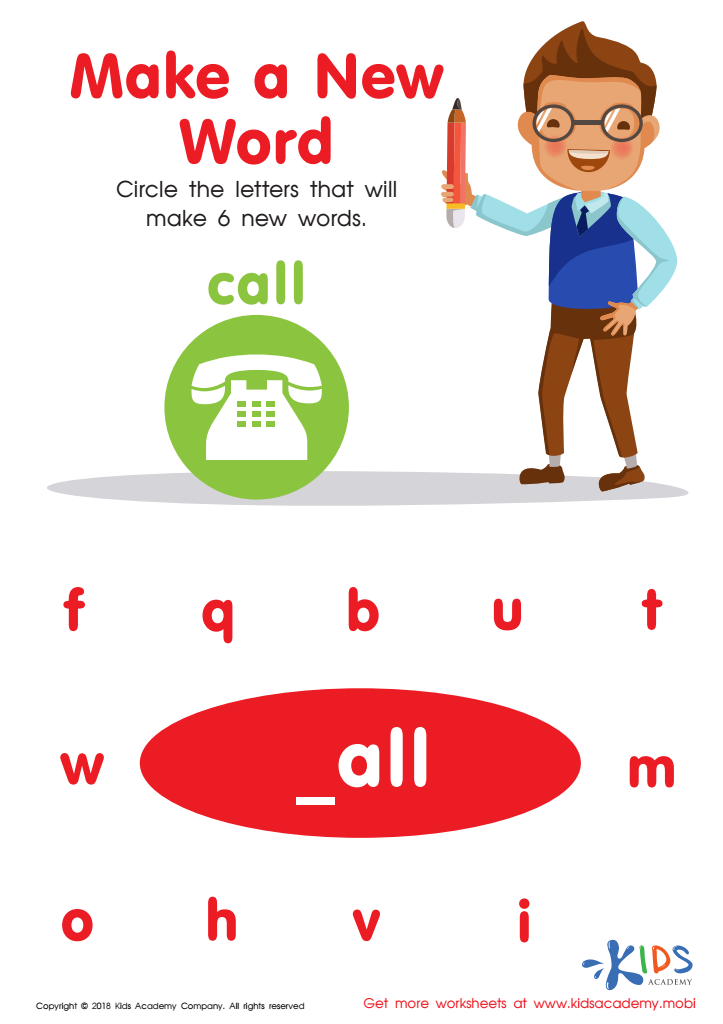

Make a New Word Worksheet
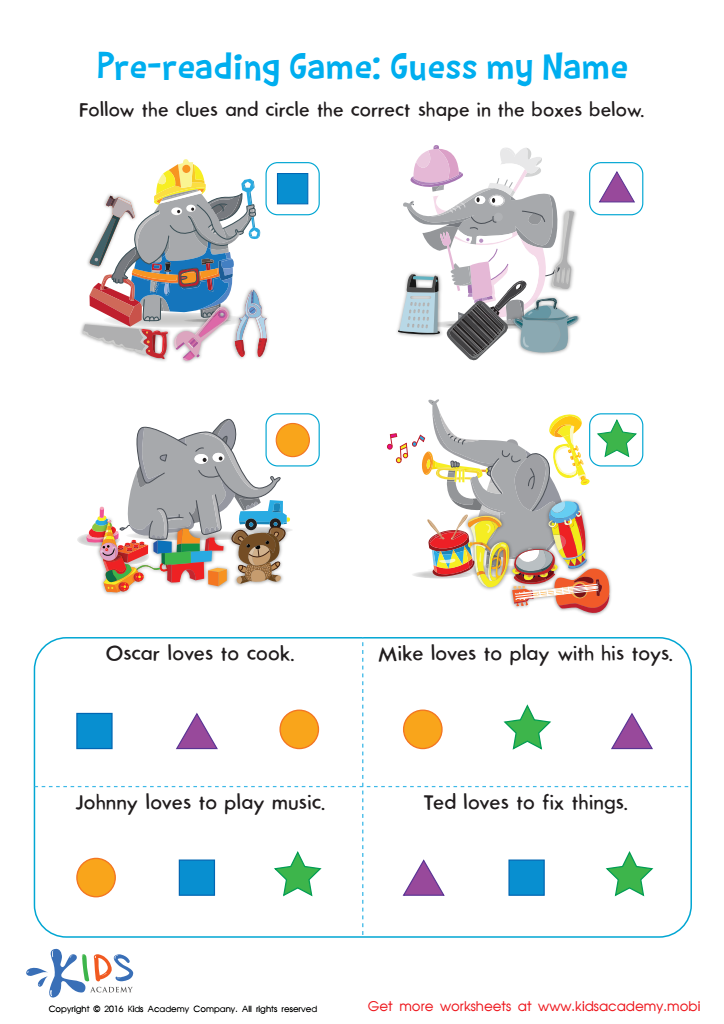

Pre Reading Worksheet Guess My Name
Cognitive development, particularly in vocabulary building for ages 3-4, is crucial for both parents and teachers to prioritize. At this stage, children's brains are developing rapidly, making it an optimal time for language acquisition. A robust vocabulary supports all areas of cognitive development, enhancing communication skills, critical thinking, and social interactions.
Building vocabulary at a young age fosters literacy, laying a foundation for future reading and writing skills. Children who have richer vocabularies can better express their thoughts and feelings, leading to improved emotional intelligence and interpersonal relationships. Moreover, vocabulary expansion promotes curiosity and comprehension, enabling children to engage more fully with their environment and learn from their experiences.
Parents and teachers play a vital role in this process by providing rich language experiences through conversations, storytelling, and interactive play. Encouragement and exposure to new words within a meaningful context cultivate an interest in language, motivating children to explore and understand their world.
By prioritizing vocabulary building during these formative years, parents and teachers help equip children not only for academic success, but also for lifelong learning and social connectedness. The investment made in early vocabulary development pays dividends as children grow and navigate various life challenges.
 Assign to My Students
Assign to My Students












